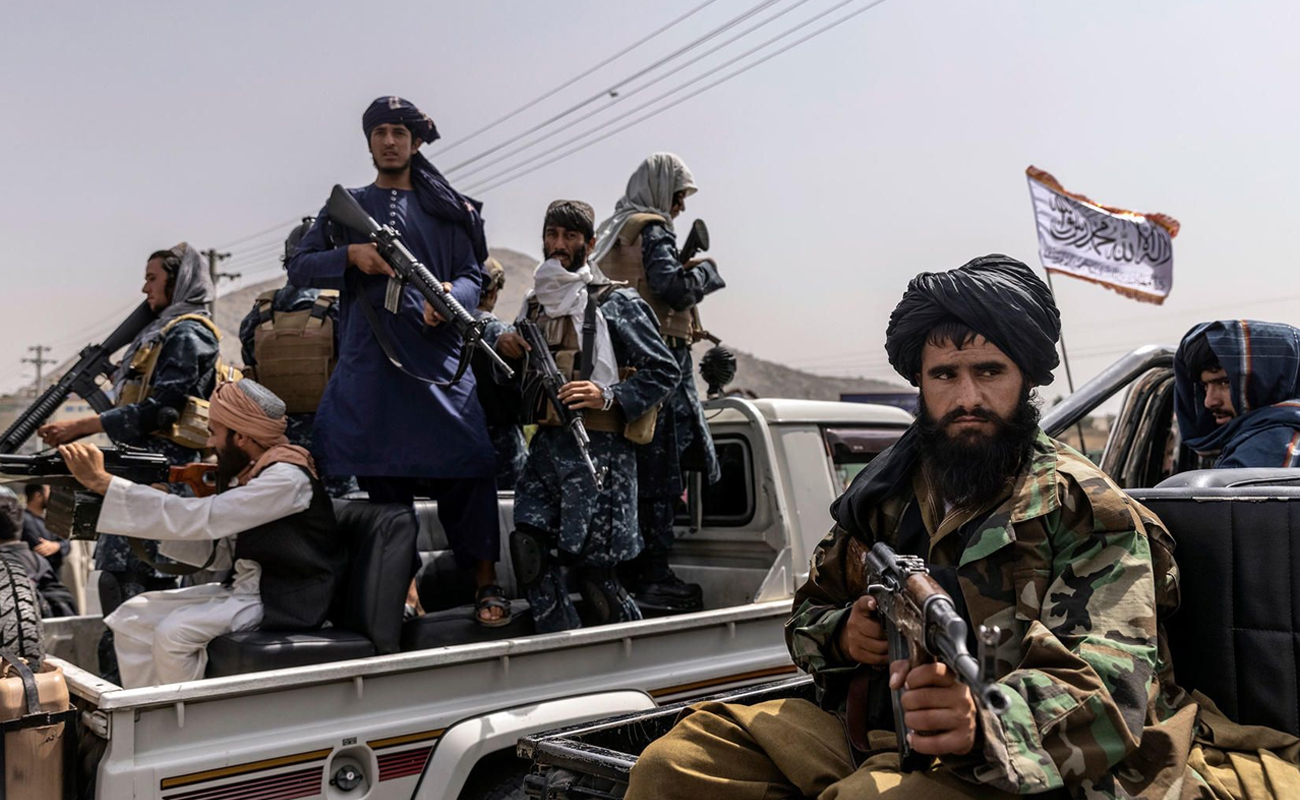Do Not Let the Taliban Dictate the International Community’s Interlocutors
Michael Rubin
At the height of South Africa’s Apartheid regime, President Ronald Reagan did what no previous U.S. president dared do: He sent Edward Perkins to South Africa. Perkins was a senior ambassador, having previous served as ambassador to Liberia. Putting Perkins, an African-American, in Pretoria was a move calculated to annoy the racist regime, but Reagan did not care. South Africa’s Apartheid government was a pariah. It was not so important that the outside world should pander to its or compromise principles.
Nor was Reagan’s decision to send a black to South Africa the exception to the rule. At the height of Muhammad Zia-ul-Haq’s Islamization campaign, Reagan sent Arnold Raphel, an American Jew, to be ambassador in Islamabad; Raphel would die alongside Zia-ul-Haq in a suspicious plane crash.
Following the Taliban re-conquest of Afghanistan and its imposition by force of the Islamic Emirate, the United Nations and broader international community rededicated itself to engaging the group.
The idea that the Taliban would be magnanimous in victory was always naïve for two reasons: First, it ignores Taliban ideology. The Taliban believes that the emir and senior clerics stand above the people, accountable only to themselves and not subject to elections or any other checks and balances. Second, it pretends the Taliban are independent actors not beholden to Pakistan’s Inter-Services Intelligence agency. It ignores that both reasons, the Taliban would never share power with groups who seek electoral democracy or put Afghanistan nationalism above foreign interests.
While UN Secretary General António Guterres has wisely appointed Roza Otunbayeva, a woman and Kyrgyzstan’s former president as his Special Representative for Afghanistan and Head of the United Nations Assistance Mission for Afghanistan (UNAMA), his boldness ends there. While Otunbayeva grew up in the Soviet Union as secular and a Marxist, she is Muslim at least culturally, like many of her compatriots.
In 2023, Guterres appointed Feridun Sinirlioglu, a former Turkish diplomat who served three months as caretaker foreign minister in 2015, to be the special coordinator for the independent assessment of Afghanistan as mandated by Security Council resolution 2679. That resolution specifically charged the independent assessor with recommendations regarding, “humanitarian, human rights and especially the rights of women and girls, religious and ethnic minorities, security and terrorism, narcotics, development, economic and social challenges, dialogue, governance and the rule of law; and to advance the objective of a secure, stable, prosperous and inclusive Afghanistan….”
For Guterres to have appointed Sinirlioglu to such a post was weak. While, Sinirlioglu has a reputation among colleagues and counterparts for professionalism if not blandness, he is a coward. His legacy is to stand silently as a dictator uses religion to cover for corruption and unravels decades of women’s rights. According to Turkey’s own interior ministry, the murder rate of women increased 1,400 percent in Turkey during the first decade of Erdogan’s rule, while child marriage became endemic. Not only Turkey’s religious minorities but also Alevis and even Sunni Muslims who do not accept Erdogan’s conservative interpretations of Islam, meanwhile, flee the country or live in fear. Sinirlioglu’s mission ended in February 2024, but other appointments loom. It is essential Guterres approach Afghanistan with more diplomatic imagination and not repeat his recent mistakes, especially as he considers appointing a special envoy. Consulting with the Taliban on UN staffing and appointments as Guterres promised after the recent Doha meeting, is a ridiculous concession, akin to letting Apartheid South Africa demand only white Christians represent countries and organizations on its territory.
Rather than appoint Muslims to represent the United Nations in Afghanistan or Muslim men to assess the status of women and minorities in the country, the international community should not bow to Taliban biases. Certainly, appoint women to top posts. Ideally, UNAMA would only send women to interact and engage with Taliban leaders to send a message to the Taliban about the group’s misogyny but the UN should go further: It should also appoint Hindus, Christians, Buddhists, and Jews to top posts in Afghanistan. If the Taliban will not treat them as equal, then the Taliban can forfeit any benefit that comes from engagement or working with the international community, including release of funds to support the Taliban’s insolvent and incompetent government.
Michael Rubin is a senior fellow at the American Enterprise Institute in Washington, DC, and director of policy analysis at the Middle East Forum.
Academicians and Officials interested to publish their academic pieces on this page, please approach us through: opinions@aissonline.org
The article does not reflect the official opinion of the AISS.

